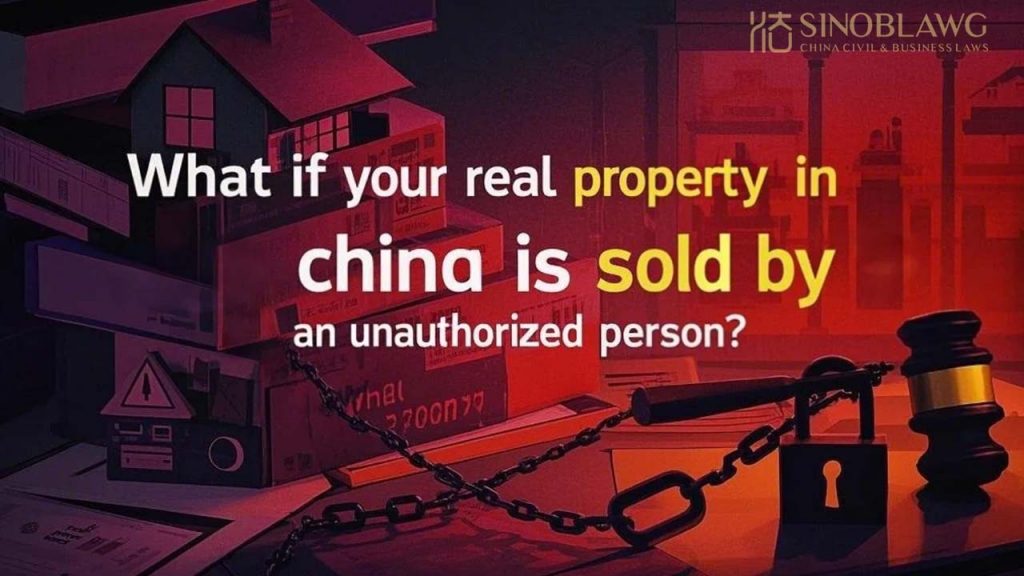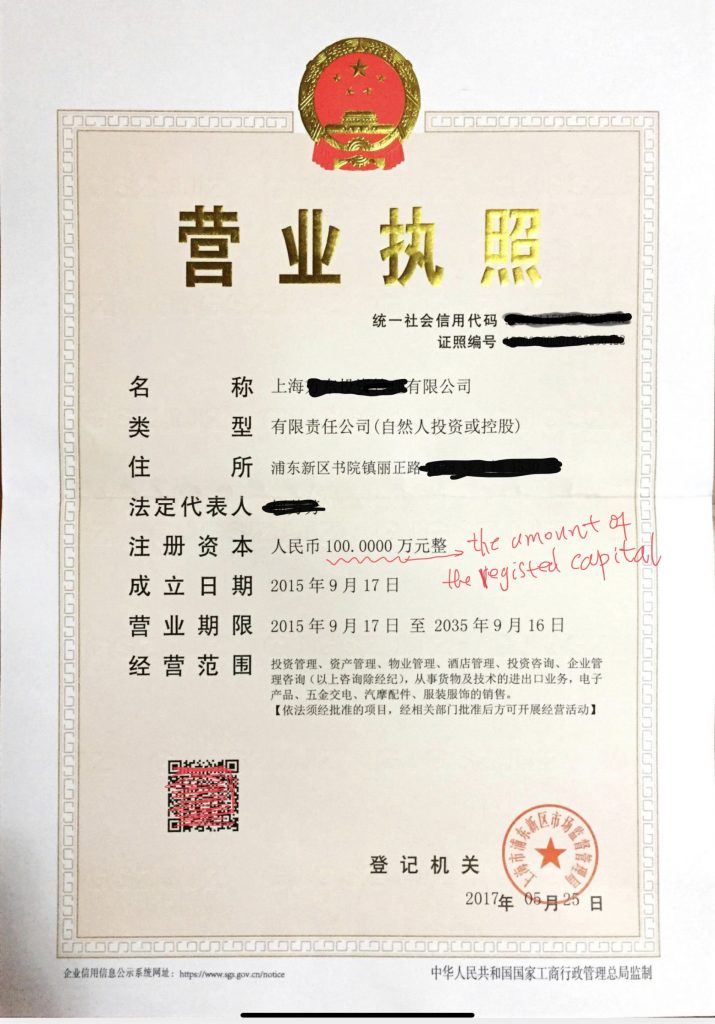We have been asked by foreign lawyers for help on serving foreign court documents on persons within the territories of China (for purpose of this blog, China doesn’t include Hong Kong and Macau SARs and Taiwan province).
I. How Service of Process Works in China Domestic Court Proceedings
Before we touch on the inquiries made by foreign lawyers, let us take a look at how service of process in court proceedings in China works. Yes, here we only talk about service of judicial documents under China civil procedures law.
In China, judicial documents related to or involved in domestic civil and commercial court proceedings are served by courts and their own stuff/sheriffs. Generally, when a plaintiff files a case with court, the plaintiff is required to leave an address for purpose of service of process down the road, very often that address is the office address of the plaintiff’s attorneys. Then a summons and sometimes together with evidences are served on the defendant.
On the other hand, in foreign-related civil or commercial court proceedings in China, China Civil Procedures Law provides for the methods of service of process on a party that doesn’t have domicile in the territories of China.
But how can foreign courts or persons serve legal documents on parties within China?
II. Service of Process by Foreign Courts on Persons within China
The issue of foreign courts or persons serving legal documents on persons within China is a matter of cross-border judicial assistance, falling within the ambits of Article 284 of China Civil Procedures Law which provides:
Applications for judicial assistance shall be made in such manners as provided in international treaties and conventions to which China is signatory or accedes; in absence of such treaty or convention, be made through diplomatic channels.
Foreign embassies and consulates in China may serve documents on and take evidences from their nationals provided that their acts shall not violate Chinese laws, and shall not use compulsory measures.
Except as provided in preceding paragraphs, without the permission of competent authority of China government, no foreign authorities or individuals shall serve documents or take evidences within the territories of China.
Article of 284 of China Civil Procedures Law
So it is pretty clear about China stance on the service of process by foreign courts or individuals on persons within China: cross-border service of process shall only be done via prescribed convention or diplomatic methods, otherwise void and invalid. Of course, here “persons” refer to not only natural persons but also legal persons, including companies, partnership enterprises or organizations.
The aforementioned stance of China is in line with the Hague Convention on THE SERVICE ABROAD OF JUDICIAL AND EXTRAJUDICIAL DOCUMENTS IN CIVIL OR COMMERCIAL MATTERS to which China is a member state.
However, it shall be noted that despite the negative provisions quoted above, attempts to serve foreign court documents on persons within China don’t have to be discouraged. The direct consequence of violating China rules about cross-border service of process is that such foreign courts judgments won’t be able to be recognized and enforced in China. But, what if the foreign court judgments don’t have to be enforced in China? Is this still a big concern over China restrictions described above? Then it is very much a question to be answered under foreign laws.
III. Conclusion
Based on the above, foreign courts may have to resort to methods provided in the Hague Convention or diplomatic channel to serve legal documents on parties in China except that the parties to be served on are the nationals of the foreign states.
On the other hand, if the foreign judgements are not going to be recognized and enforced in China, and the foreign laws permit it, service of process that is not done in compliance with China law may still be an option for foreign interested parties.
Lastly, that said above, international divorce cases handled by foreign courts may entail the Chinese party coming back to China to recognize the decisions of foreign courts on dissolution of their marriages, and in such a case, service of process on either party within China shall be carried out strictly in accordance with China laws.








Comments